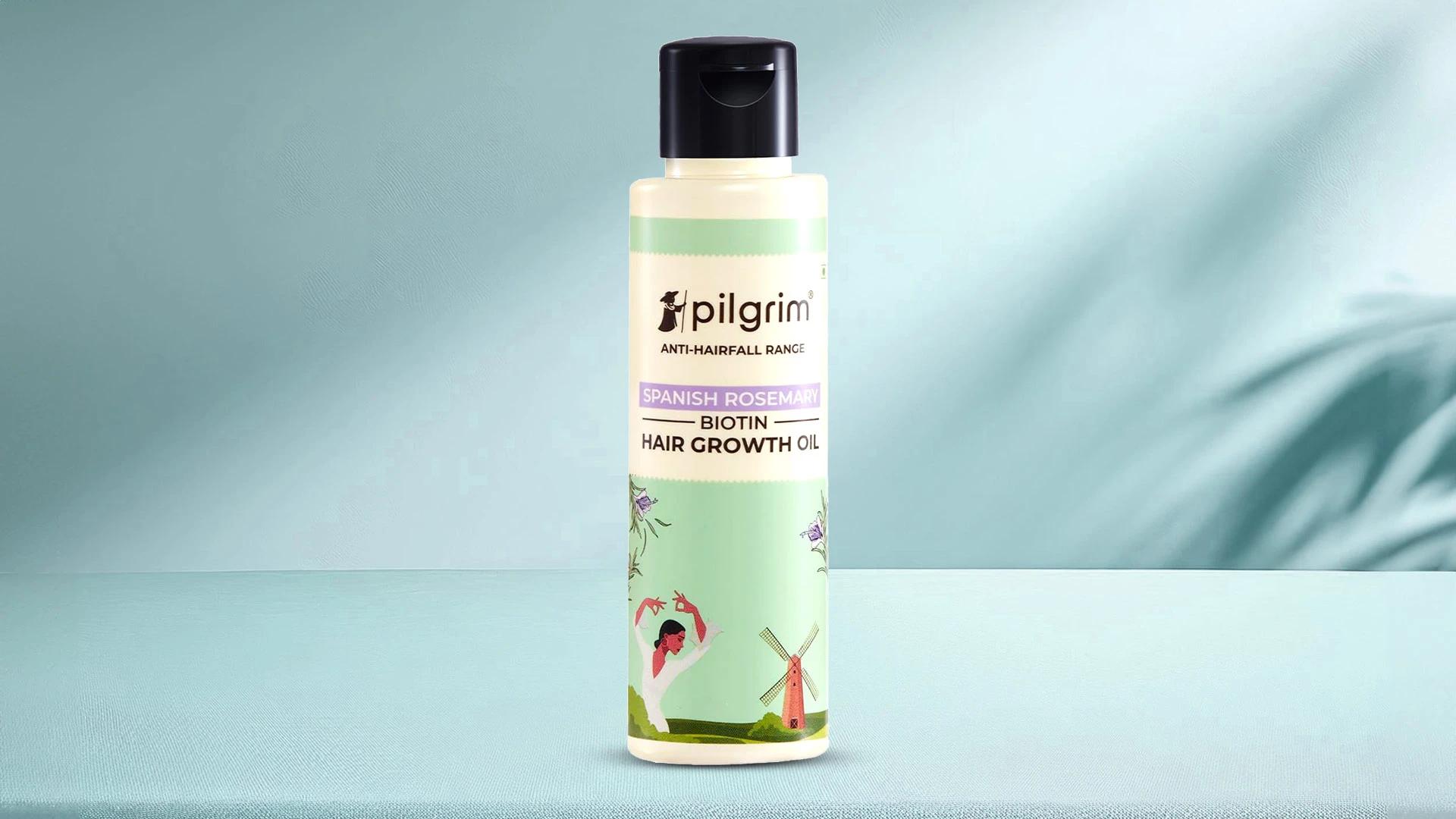Hair thinning got you scrolling through endless product reviews at 2 AM? You're not alone. With so many hair growth supplements for women floating around, picking the right one feels like choosing a Netflix show—overwhelming and oddly stressful. The good news? Your hair doesn't have to stay stuck in a rut. Whether you're dealing with postpartum shedding, stress-related thinning, or just want thicker locks, supplements might be worth a try. But here's the thing: not all supplements are created equal, and what works for your bestie might not be your cup of tea. Let's break down how to choose hair growth supplements that actually make sense for you.
Understanding Hair Growth and Loss in Women
Your hair goes through a pretty predictable cycle—growing, resting, and eventually falling out to make room for new strands. Think of it like a never-ending renovation project happening on your head. Normally, you lose about 50-100 hairs daily, which is totally normal. But when that number creeps higher, or your hair starts looking thinner than usual, something's up.
Women face unique hair challenges that men rarely deal with. Hormonal changes during pregnancy, menopause, or even monthly cycles can mess with your mane. Add stress, poor diet, or harsh styling habits, and your hair might start staging a protest. **Female pattern baldness** affects millions of women, typically showing up as gradual thinning rather than bald patches.
The Role of Nutrition in Hair Health
Here's where it gets interesting: your hair is basically a reflection of what's happening inside your body. **Vitamin deficiency hair loss** is more common than you'd think. When your body lacks essential nutrients, it prioritises vital organs over hair follicles—fair enough, really. This is why crash diets often lead to noticeable hair thinning a few months later.
Essential Nutrients for Hair Growth
Before diving into fancy formulations, let's talk about the building blocks your hair actually needs. Think of these nutrients as the foundation of any good hair growth strategy. Some work behind the scenes to create the right environment for growth, while others directly impact hair structure and strength.
The key players include B-vitamins, minerals like iron and zinc, and certain vitamins that support **scalp health**. Your hair follicles are surprisingly active, which means they need consistent nutritional support to do their job properly.
Biotin: The Hair Growth Powerhouse
**Biotin supplements** have become the poster child of hair growth, and there's a reason for the hype. This B-vitamin helps your body produce keratin, the protein that makes up your hair. Most people get enough biotin from food, but if you're dealing with thinning hair, a supplement might help fill the gaps.
The typical dose ranges from 30-100 micrograms daily, though some hair-focused formulations go higher. Eggs, nuts, and leafy greens are great natural sources if you prefer the food-first approach.
Iron: Combating Hair Loss from Deficiency
Low iron levels are sneaky culprits behind hair thinning, especially in women. Your hair follicles need oxygen-rich blood to thrive, and iron helps deliver that oxygen. **Iron supplements for hair** can be game-changing if deficiency is your issue, but here's the catch—you'll want to confirm low iron levels before supplementing.
Too much iron isn't great either, so getting tested first makes sense. Spinach, lentils, and lean meats can help boost iron naturally alongside supplements.
Vitamins A, C, D, and E: Supporting Healthy Hair
These vitamins work as a team to create the right environment for hair growth. Vitamin C helps your body absorb iron better, while vitamin D supports hair follicle health. Vitamin E acts as an antioxidant, and vitamin A helps produce the oils that keep your scalp healthy.
You'll find these in a balanced diet, but if you're dealing with **hair thinning solutions**, targeted supplementation might bridge nutritional gaps.


 120 Gummies
120 Gummies 60 Gummies
60 Gummies 125 gm
125 gm 125 gm
125 gm